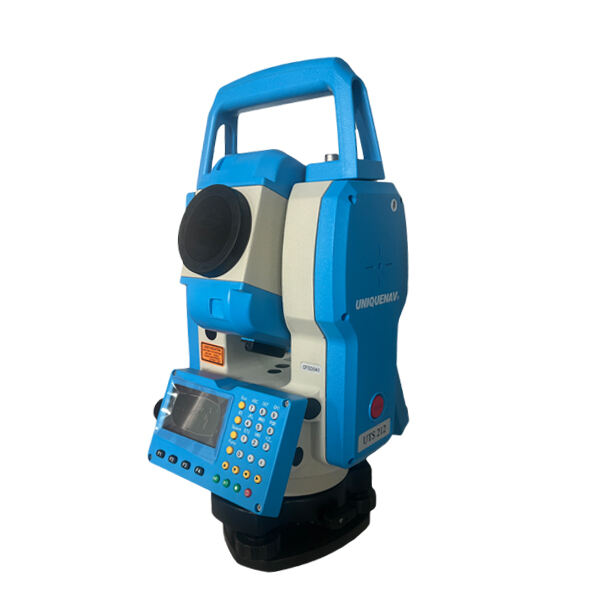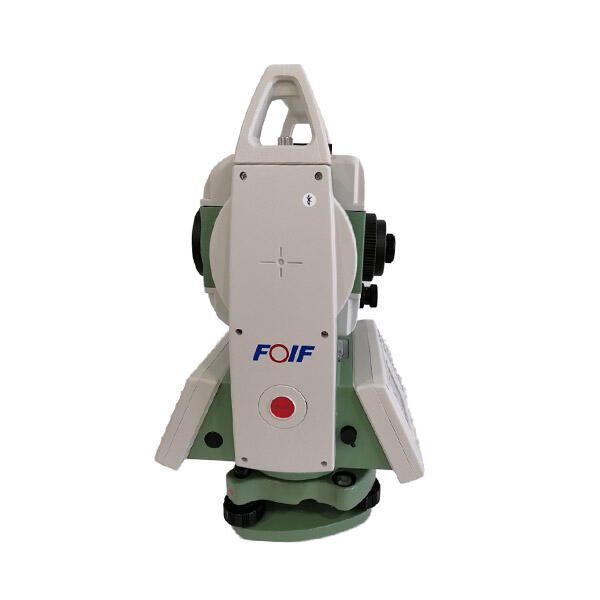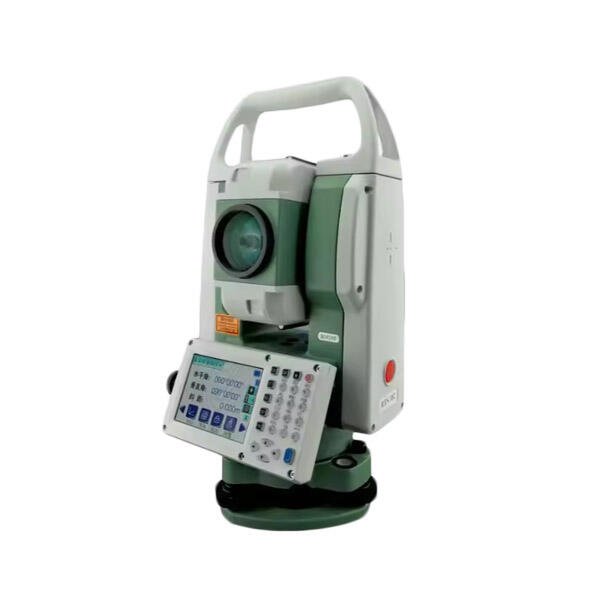total station instrument price
The total station instrument price represents a significant consideration in surveying and construction equipment investment. Modern total stations combine electronic distance measurement, angle measurement, and data processing capabilities into a single sophisticated device. Prices typically range from $6,000 to $30,000, depending on accuracy levels, features, and brand reputation. Entry-level models offer basic functionalities suitable for general construction and land surveying, while high-end instruments provide sub-millimeter accuracy and advanced features like robotic operation and imaging capabilities. The price variation reflects technological capabilities such as measurement range, accuracy specifications, onboard software, and environmental durability. Manufacturers like Trimble, Leica, and Topcon offer various models at different price points, allowing customers to select instruments that match their specific requirements and budget constraints. The total station price often includes essential accessories like batteries, chargers, and carrying cases, though advanced features like data collectors or specific software packages may require additional investment. When considering total station prices, it's crucial to factor in long-term aspects such as maintenance costs, warranty coverage, and potential upgrade paths. The investment in a total station should be evaluated based on the intended applications, required accuracy levels, and expected return on investment through improved productivity and precision.


